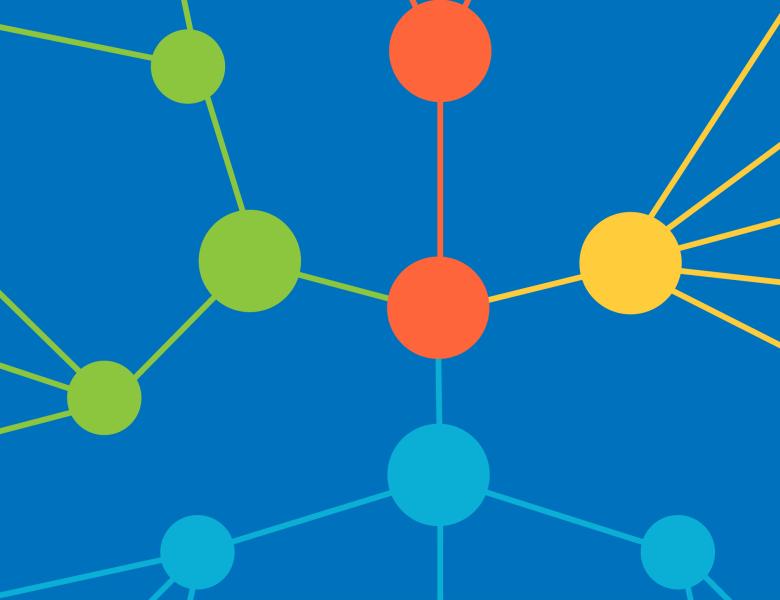
Abstract
Recent Language Models (LMs) achieve breakthrough performance in code generation when trained on human-authored problems, even solving some competitive-programming problems. Self-play has proven useful in games such as Go, and thus it is natural to ask whether LMs can generate their own instructive programming problems to improve their performance. We show that it is possible for an LM to synthesize programming problems with solutions that are certified for provable correctness using a Python interpreter. The LM's performance is then seen to improve when it is fine-tuned on its own synthetic problems and verified solutions; thus the model 'improves itself' using the Python interpreter. Problems are specified formally as programming puzzles [Schuster et al., 2021], a SATisfiability code-based problem format where solutions can easily be verified for correctness by execution. In experiments on publicly-available LMs, test accuracy more than doubles. This work demonstrates the potential for code LMs, with an interpreter, to generate instructive problems and improve their own performance.


